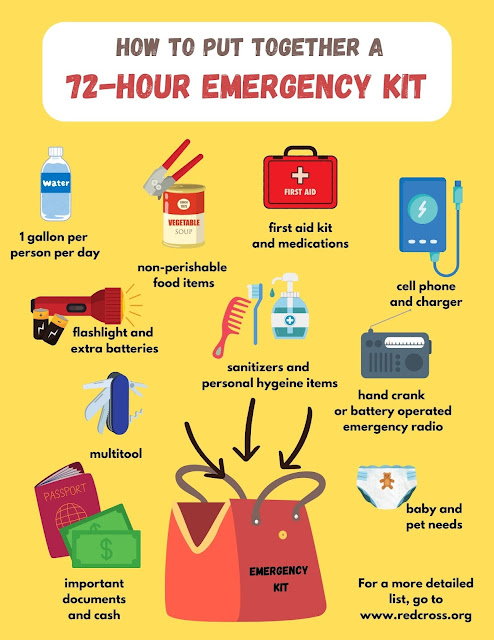Most of you probably already know Houston was in a sad state after Hurricane Beryl last week. It was only a Category 1 hurricane, and you'd think we'd be used to storms by now, but it seems our power grid was caught unprepared. We lost power shortly after the storm started on Monday and didn't get it back until late Friday night.
No power means no lasers, and no lasers means no work gets done around here. You don't realize how much you use electricity until it's gone. No laptops for designing, no WiFi for research, and worst of all, no power tools!
Trees and fences were down everywhere. This is a photo of our neighbor's house around the corner. Traffic signals were all out, some hanging by wires over the road. Even now, not all the stoplights are working.
While we were ready for a power outage with our small generator, flashlights, and food and water storage, we were not ready for the heat! Our home was sweltering. You know it's bad when you have to go outside to cool down in Houston. We are so grateful we were prepared to plug in our fridge and a few fans. And when that wasn't enough, we were able to evacuate to Austin to stay with family for a couple of days. We are also grateful our fence and house are all intact.
Now that we're back, we're trying to help with clean up in our area. What we've learned and been reminded of is that it's important to be prepared and that it's important to look out for your neighbors. Our neighborhood and church families were all checking up on their members. We would have been in the dark without flashlights and batteries, we wouldn't have been able to cook if we had an electric stove, we would have lost all the food in our fridge, if we hadn't been at least a little prepared.
So, if you're in a place where you get storms or power outages, which is pretty much anywhere, it's a good idea to get ready now for a no-electricity or no-water scenario. We promise, you won't be sorry you did.
Here are some websites with good resources.
https://www.ready.gov/plan
https://www.cdc.gov/hurricanes/safety
https://www.redcross.org/get-help/how-to-prepare-for-emergencies.html
A 72-hour kit is a fantastic place to start. Here are a few tips on what to include in your kit.




















.jpg)
.jpg)








.jpg)